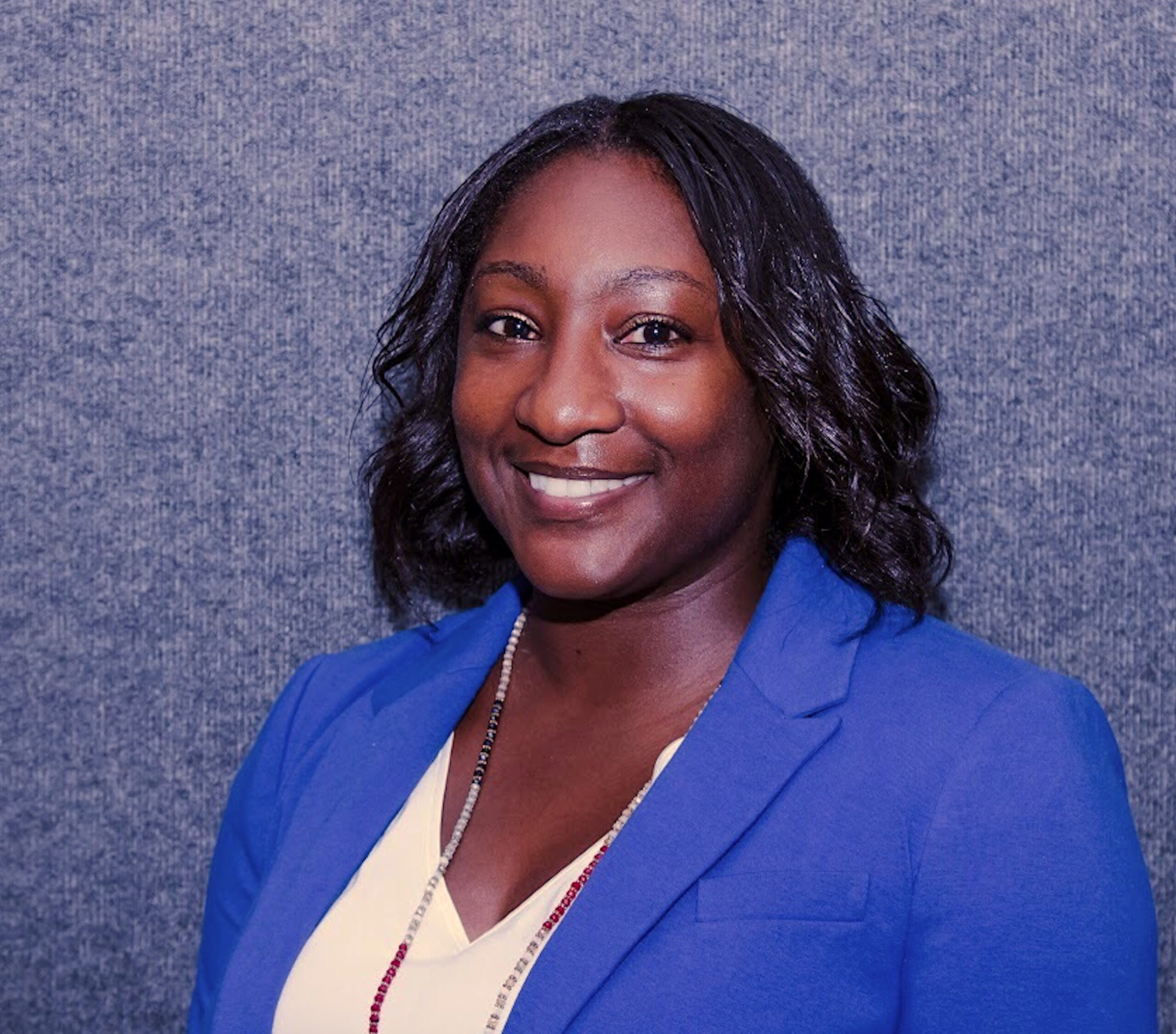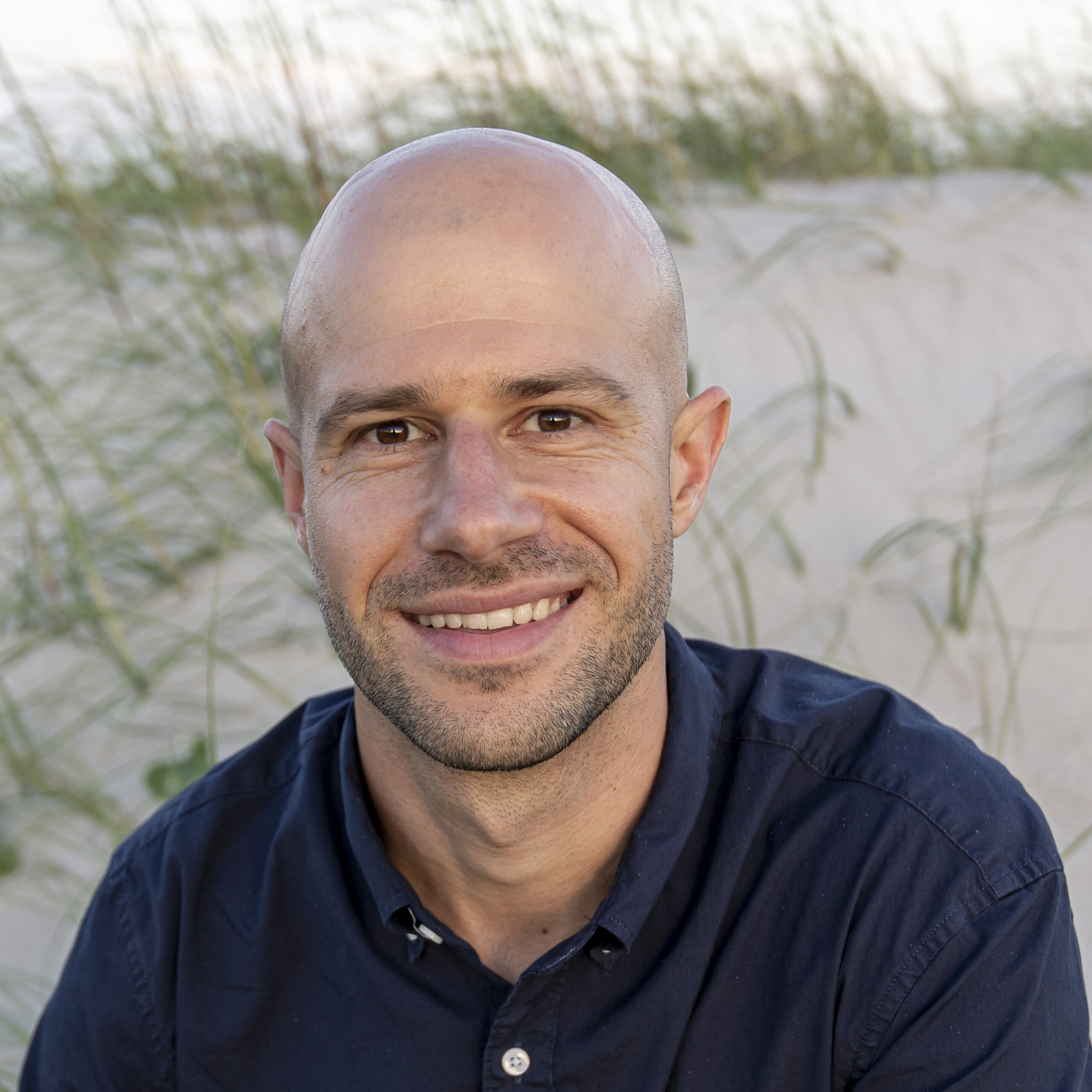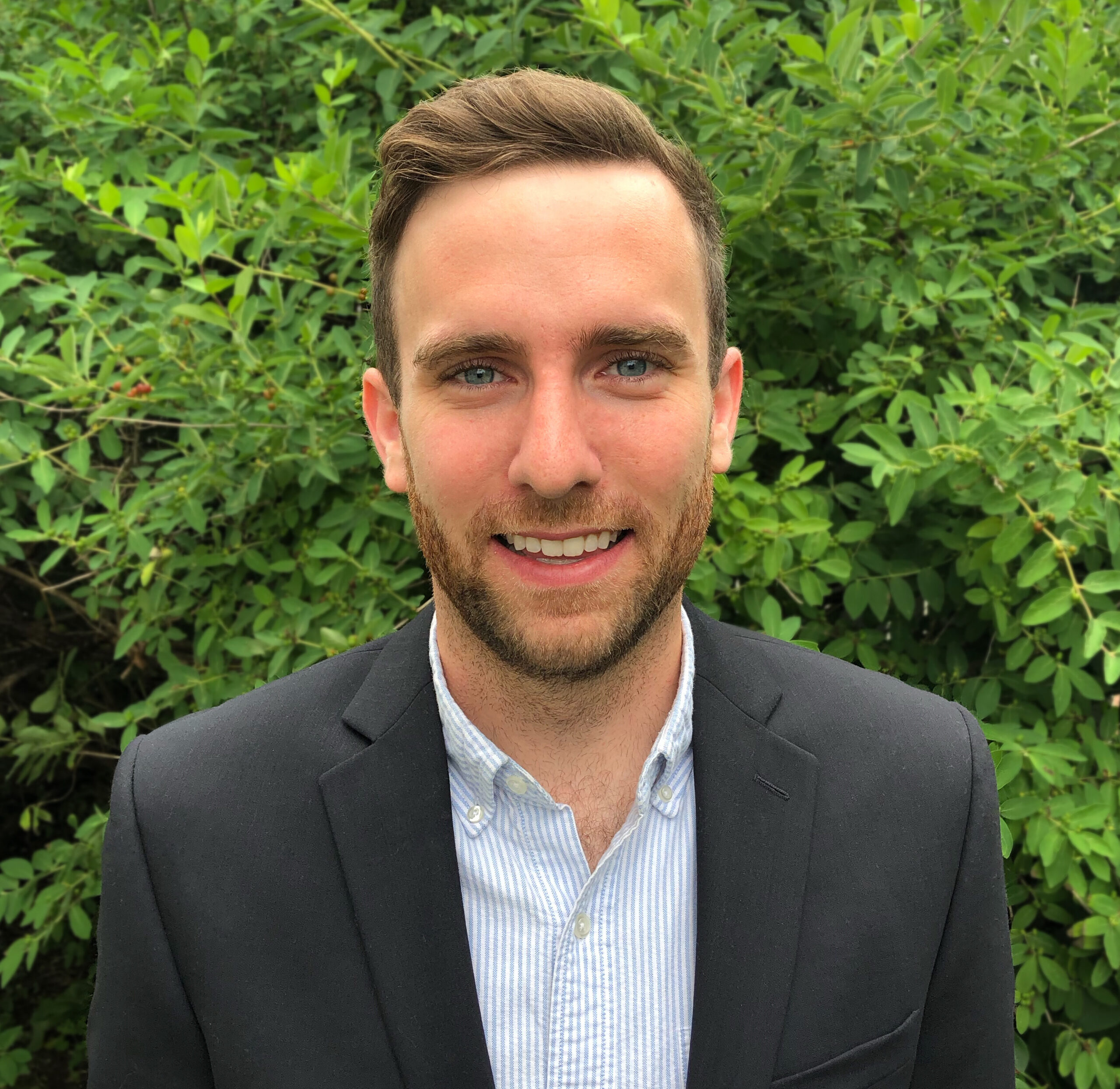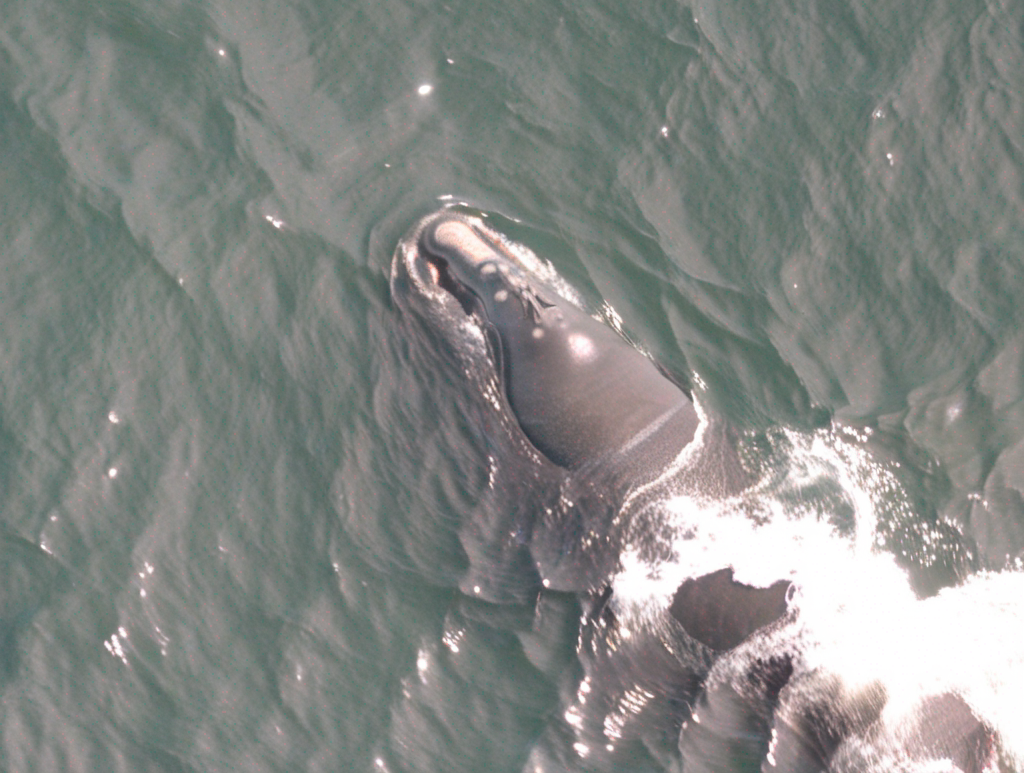Four New Knauss Fellows Include NC State and Duke Students

NOAA and the National Sea Grant Office have announced the finalists for the 2021 class of the Sea Grant John A. Knauss Marine Policy Fellowship program. The 74 finalists include four graduate students from North Carolina: Jashira Torres Pabón, Kayelyn Simmons, Joseph Fader, and Cameron Adams.

“We value diversity, equity, and inclusion in our organization and the communities we serve,” says Susan White, executive director for North Carolina Sea Grant. “Through the Sea Grant Knauss Marine Policy Fellowship, we strive to provide an educational and employment opportunity for current and recent graduate students of all backgrounds, abilities, and perspectives.”
The highly competitive fellowship is a year-long program for graduate students interested in national policy issues affecting ocean, coastal, and Great Lakes resources. Since 1979, over 1,400 fellows have completed the program, becoming leaders in science, policy, and public administration.

The new finalists join more than 80 from North Carolina who have served during the four-decade history of the Knauss Fellowship. North Carolina State University and Duke University each have provided the educational training ground for two finalists this year.
Jashira Torres Pabón earned her master’s degree in marine policy and administration at NC State. Through summer internships with the National Fish and Wildlife Foundation, she has worked on policy and regulatory aspects of the recreational red snapper fishery for her thesis project. She also is an economics research assistant with North Carolina Sea Grant.

Kayelyn Simmons is a Ph.D. candidate in marine science at NC State and holds a master’s degree in marine biology from Nova Southeastern University. Her doctoral research uses emerging soundscape tools, along with more conventional approaches, to better assess spatial patterns in reef ecosystems.
Joseph Fader’s research as a Ph.D. candidate in Duke University’s Nicholas School of the Environment explores the interaction between marine mammals and the long-line fishery and incorporates an economic analysis.

For his master’s project, Cameron Adams, also from the Nicholas School of the Environment at Duke, used the latest satellite data and new drone techniques to help landowners track the retreat of their shorelines and coastal habitats.
North Carolina Sea Grant already is accepting applications from North Carolina graduate students for the next class of Knauss Fellows. The deadline to apply is February 19, 2021, at 5 p.m.
apply for a 2022 Knauss Fellowship
— Allison Fisk


